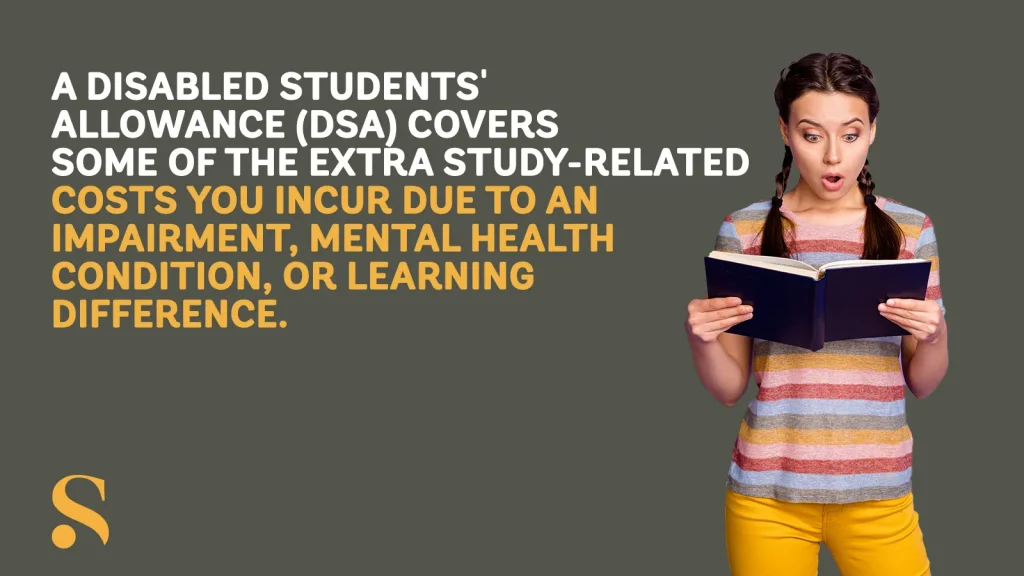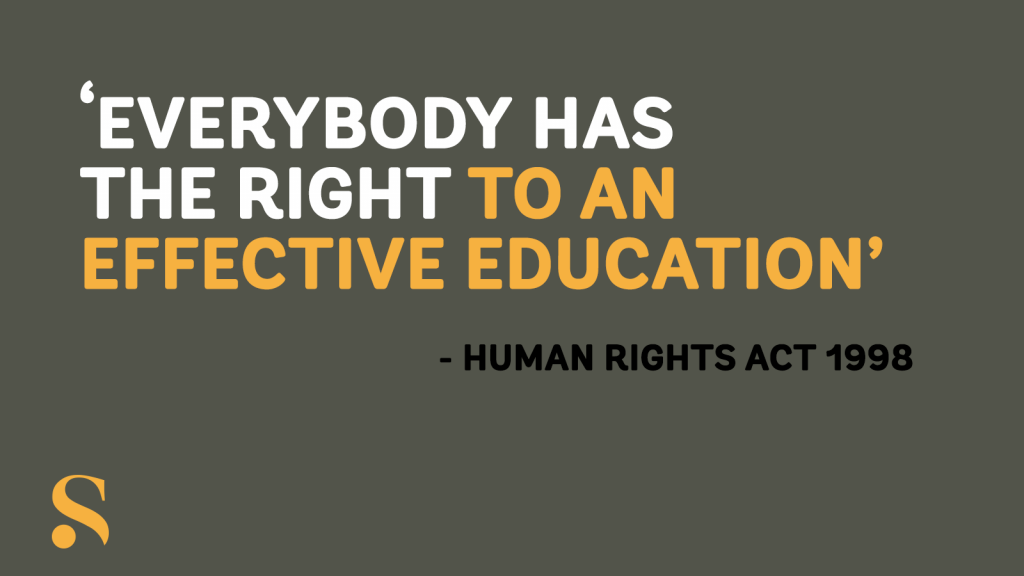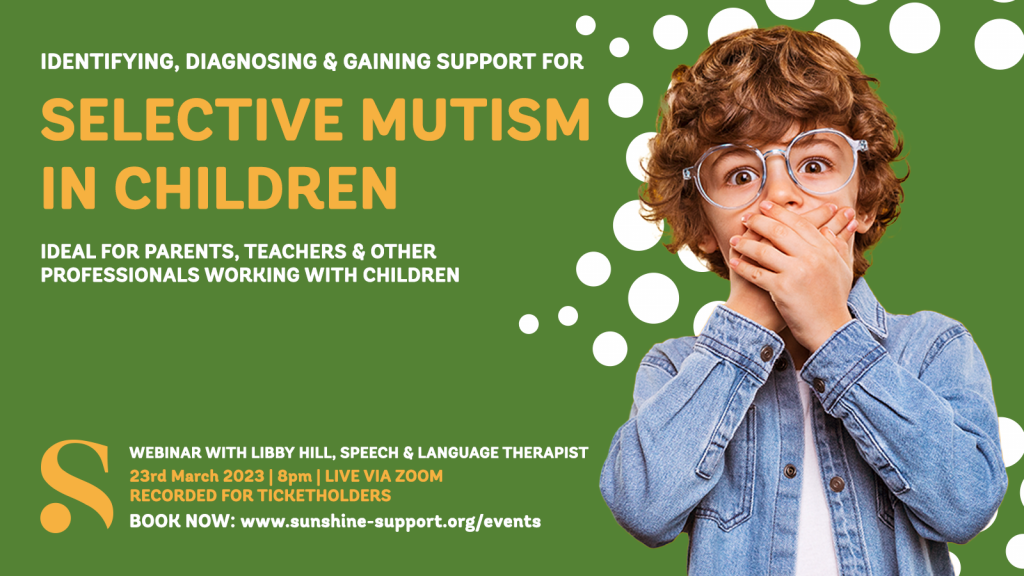Every student deserves the right to accessible and fair higher education, but not all students receive it. However, most students with a specific learning difficulty, mental health condition, or disability will qualify for funding which can support their studies.
Gaining the right support can be a life changing experience for any person wanting to delve into the world of hight education…

What is DSA?
A Disabled Students’ Allowance (DSA) covers some of the extra study-related costs you incur due to an impairment, mental health condition, or learning difference. This is a non-repayable allowance which is in addition to other student finance.
The amount you’ll receive depends on your individual needs not on your income, nor that of your parents or partner. However, there are some restrictions on what you may use a DSA for and there are regional differences around the UK, so check the details below carefully.
What can DSA be used for?
You can get help with the costs of:
- specialist equipment, for example a computer if you need one because of your disability
- non-medical helpers, for example a British Sign Language (BSL) interpreter or specialist note taker
- extra travel to attend your course or placement because of your disability
- other disability-related study support, for example having to print additional copies of documents for proof-reading
(INFORMATION FROM: https://www.gov.uk/disabled-students-allowance-dsa)

Laws to be aware of…
- ‘Human rights’ are the rights and freedoms that belong to every person in the world. These are based on principles such as dignity, fairness, equality, respect and autonomy. The 1998 Human Rights Act brought human rights into UK law. One of these is:
- ‘Everybody has the right to an effective education’
- In 2009 the UK ratified the UN Convention on the rights of people with disabilities. This means that the UK government agreed that they would work to: ‘Ensure the education system at all levels is inclusive and geared towards supporting disabled people to achieve their full potential and participate equally in society’
What is the definition of a DISABILITY? Do I meet the legal definition?
According to the GOV.UK website…
To be protected under the Equality Act, you must meet the legal definition. Disability is defined as:
- ‘a physical or mental impairment which has a substantial and long-term adverse effect on your ability to carry out normal day-to-day activities’.
- The definition is designed to be as broad as possible and there are a wide variety of conditions and impairments that will be covered.
- Some impairments automatically meet the definition from the point of diagnosis. These are cancer, HIV and Multiple Sclerosis. People registered as blind or partially sighted are also automatically regarded as disabled under the Act.
- If you meet this definition, you will be protected if someone discriminates against you because of your impairment.
- There is no need for you to have a medically diagnosed cause for your impairment; what matters is the effect of the impairment on you.
Physical or mental impairment can include:
- physical impairments, such as mobility difficulties
- sensory impairments such as those affecting hearing or sight
- learning difficulties, including people with specific learning difficulties such as dyslexia and dyspraxia
- mental health conditions or illnesses which have a long-term effect such as depression and anxiety, panic attacks, phobias, eating disorders, obsessive-compulsive disorders, schizophrenia and bipolar affective disorder
- genetic and progressive conditions, if the condition affects your ability to carry out normal day-to-day activities such as motor neurone disease, muscular dystrophy
- conditions which are characterised by a number of cumulative effects such as pain or fatigue
- hidden impairments such as asthma or diabetes, if these have an effect on your day-to-day activities
- past history of impairment – this applies if you are no longer disabled but met the definition in the past.







